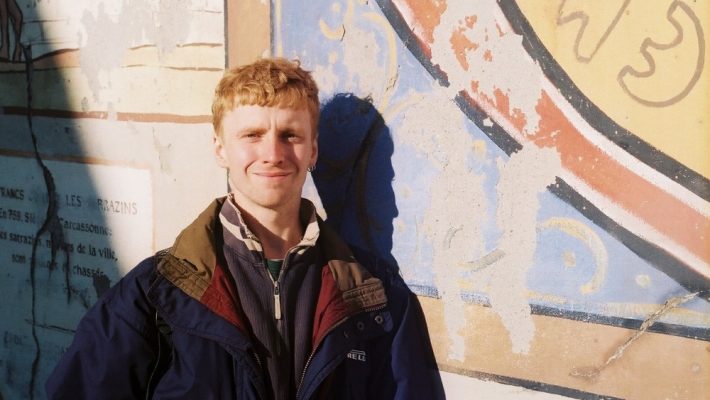Mateo Lewis: Outreach in primary schools
Mateo jumped at the chance of a voluntary role providing ecological education to primary schools and increase children’s engagement with the natural world.

Since my late teens, I have been certain of wanting to pursue a life in ecology. This meant that on leaving secondary school, it was an easy decision to study Ecology and Conservation Biology at the University of Leeds. During my course, I gained a theoretical grounding in ecological science and also got to practice data collection and sampling in places like Scotland and Spain.
Ecology is not just research – it’s a multi-faceted discipline. I find it amazing that I have been involved in a diverse range of roles in the last four years, from surveying back gardens for bats and newts to monitoring planning applications in development and sampling insects using a huge, helium-filled kite.
So, when I saw the British Ecological Society (BES) advertising voluntary roles providing ecological education to primary schools in the north of England, I jumped at the chance thinking “this is an area of ecology I have never been involved in”.
Bringing ecology into schools
Being a volunteer with BES’s ‘Connecting Schools to Nature’ project has been an eye-opening experience. The idea is to introduce young children to concepts in ecology by getting people with some background in ecology – environmental educators – to deliver creative, interactive and engaging assemblies.
Volunteers were given online training to provide the initial skills to deliver good science outreach. For example, we were made to consider audience-appropriate vocabulary in a jargon-busting exercise. We wrote a sentence aimed at a scientific audience, re-read it, and converted it to an appropriate format for a younger audience.
Being a volunteer with the schools project has been eye-opening
In March I created my first assembly, made to be delivered digitally. Picking up on a key tip given in training, I used the most simple, hilarious and fascinating of things – poo – to teach my audience about UK mammal ecology. Included in the assembly was a short video of me searching my local area to identify a mystery mammal whose poo I had found. Dressed as a detective, this video was a hoot to film.
Lessons learnt
The breadth of training opportunities provided by BES to help environmental educators design outreach materials has been really valuable. As well as online sessions, I attended an in-person training afternoon at the Great Northern Museum in Newcastle.
We were shown real-life activities that had been previously rolled out at science events. I found the enthusiasm shown by BES staff for outreach infectious and the afternoon inspired me to consider searching for career options in science education.
There are some shocking statistics concerning children’s engagement with the natural world. Therefore, for future assemblies, I am looking to design materials that get up close to living things, engaging people directly in the ecological phenomena that happen right under our noses.
Like what we stand for?
Support our mission and help develop the next generation of ecologists by donating to the British Ecological Society.